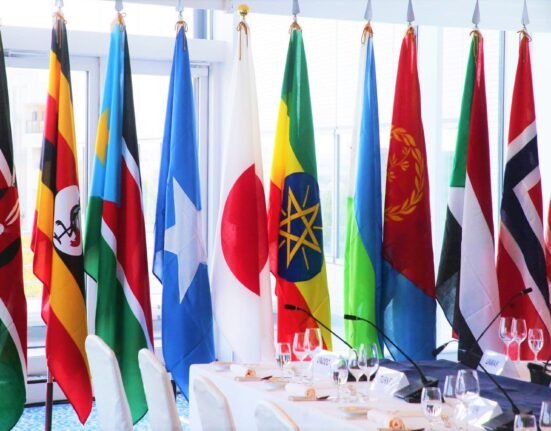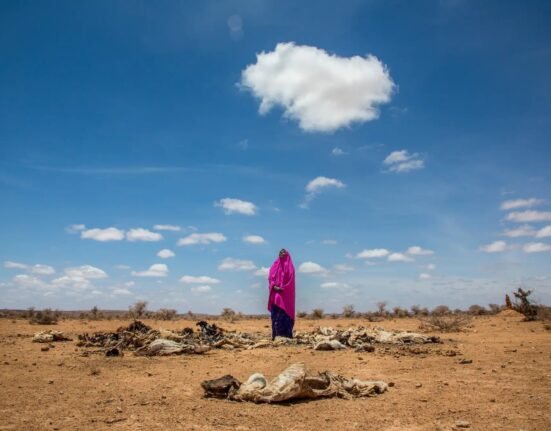Diversity is arguably one of the most critical aspects of society as it fosters tolerance, understanding, and the exchange of ideas. However, like many societies around the world, Somalia grapples with a lack of diversity within its own culture. The roots of this issue can be traced back to historical, cultural, and geopolitical factors that have shaped the nation’s identity and hindered the growth of inclusivity.
One key factor behind the lack of diversity in Somali society is the country’s homogenous population. Somalia is primarily inhabited by ethnic Somalis, who make up over 85% of the population. This homogeneity, although it fosters a strong sense of cultural identity, limits exposure to different perspectives and hampers the development of a diverse society. It is crucial to acknowledge that diversity is not solely about ethnicity, but also includes elements such as religion, language, socioeconomic status, and gender.
Historically, Somalia’s nomadic culture played a significant role in shaping the lack of diversity. The nomadic lifestyle emphasized kinship ties and reinforced societal boundaries, resulting in limited interaction with outsiders. These deep-rooted cultural practices have perpetuated a sense of homogeneity and hindered the acceptance of diversity within Somali communities.
Additionally, the ongoing conflict and instability in Somalia have had a detrimental effect on diversity. Decades of civil war, political instability, and the rise of extremist groups have created an environment where inclusivity is not a priority. The focus on survival in such tumultuous times often leads to the exclusion of those who are perceived as different. Displacement and migration triggered by conflict have also homogenized local communities, as people tend to seek safety and familiarity within their own communities, further exacerbating the lack of diversity.
Geopolitical factors have also contributed to the limited diversity within Somali society. The nation’s location in the Horn of Africa has isolated it from neighboring countries, impeding cross-cultural exchanges and interactions. Due to limited trade, political, and economic ties with neighboring states, opportunities for cultural exchange and the introduction of diverse perspectives have been stifled.
However, it is crucial to emphasize that the lack of diversity in Somali society is not innate or insurmountable. Efforts are being made to promote diversity in the country, recognizing its immense benefits. Initiatives that support education, inclusivity, and the celebration of different cultural practices are emerging, slowly breaking down long-standing barriers.
Education, in particular, has proven to be an effective catalyst for change. Encouraging educational institutions and curricula to incorporate a broader range of perspectives, histories, and cultural practices can help open the minds of young Somalis to the diverse world beyond their immediate society. Exposure to new ideas and cultures can foster empathy, understanding, and the embrace of diversity from an early age.
Furthermore, empowering women and marginalized groups can play a significant role in fostering diversity. Encouraging their participation in decision-making processes and leadership positions can challenge traditional power structures and expand societal perspectives. Embracing and valuing the contribution of women and marginalized groups to the social fabric can help break down existing barriers and create a more inclusive society.
In conclusion, the roots of the lack of diversity in Somali society can be traced back to historical, cultural, and geopolitical factors such as homogeneity, nomadic traditions, conflict, and geopolitical isolation. However, efforts are being made to promote diversity and inclusivity in the country. By investing in education, empowering women, and celebrating different cultural practices, Somalia can work towards building a society that embraces diversity and reaps the countless benefits it brings.






